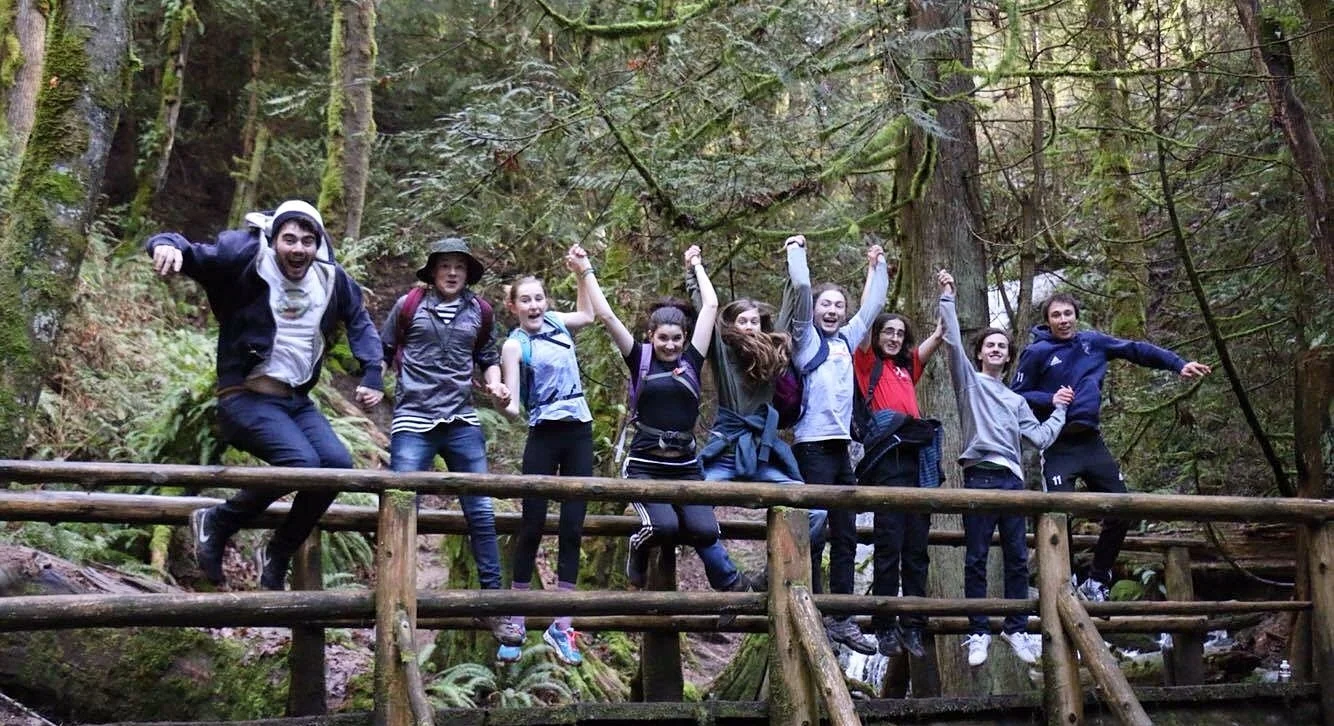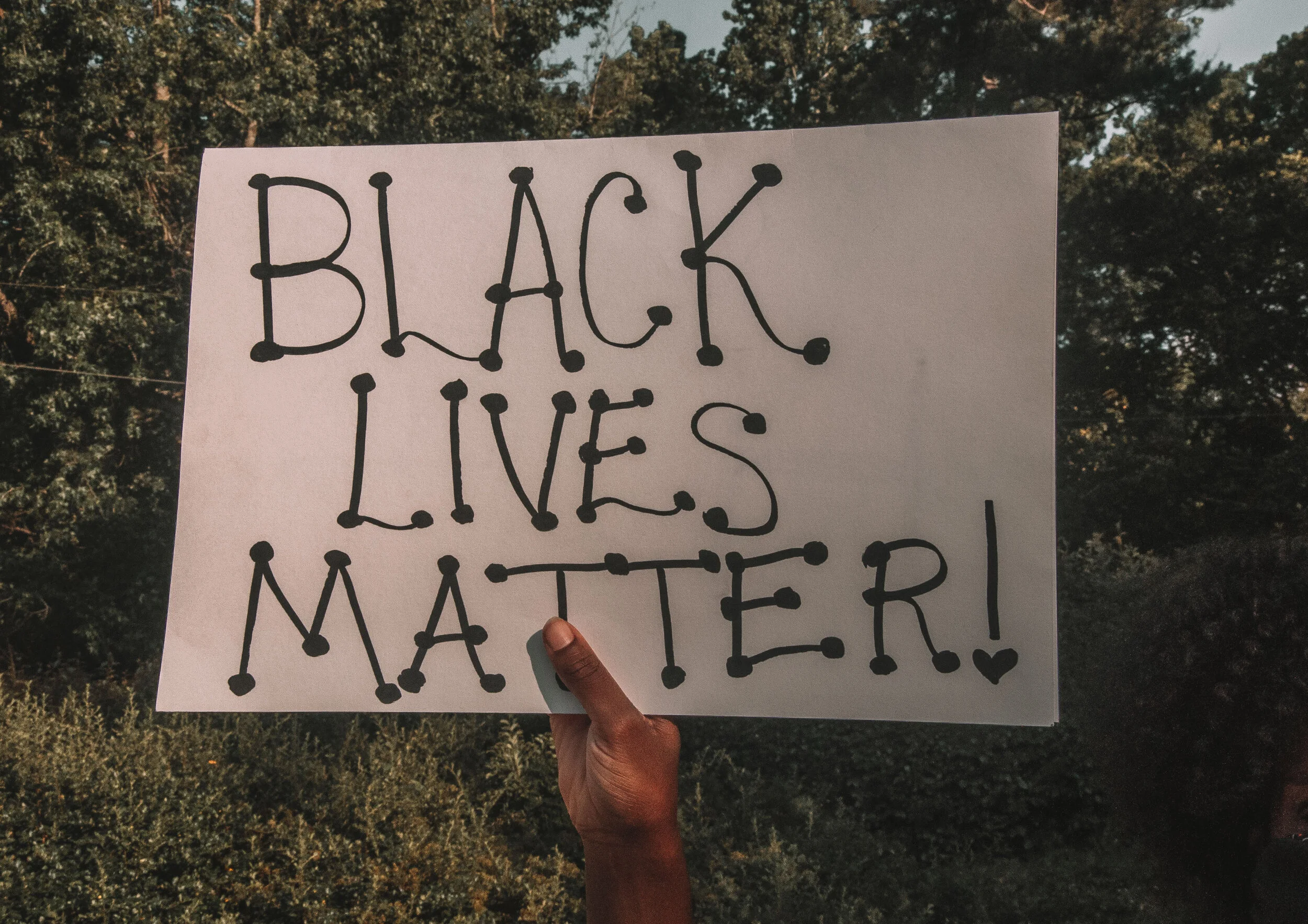Clearwater's unique approach to education:
This video was created by Clearwater alumni Nikos Campbell.
Freedom
When children are free, their learning is limitless.
Clearwater students explore the world guided by their own interests and moving at their own pace. They are free to think about who they are and independently determine how they spend their time. They play, talk openly with friends, investigate the world, and dream. Student resources are unlimited; they can collaborate with staff, use school resources, or turn to the greater community and world.
Without grades, age separation, or mandatory tests, children engage wholeheartedly in their passions—discovering and creating their unique place in the world.
Trust
We trust that all human beings possess a powerful drive to learn and grow.
Infants teach themselves to roll over. Babies fall and fall again before eventually walking. Toddlers work endlessly to master the two-footed jump. The drive for learning is inherent, part of human nature. Whether Clearwater students are passionate about performing Shakespeare, mastering soccer, building computers, painting, or monitoring spawning salmon, we make a point of not intruding on their natural drive to learn. We trust that they want to grow, want to thrive, and want to become like the people around them: literate, articulate, and compassionate.
Responsibility
Freedom is always accompanied by responsibility.
At Clearwater each individual is required to take responsibility for their actions. From the earliest age, children make decisions about how to spend their time, gaining a sense of authority over their education and lives.
The democratic structure of the school gives students a direct say in how the school is managed. Students and staff members each have a vote in School Meeting, where rules and policies are created, and in the Justice and Compassion Committee, where rules are enforced. Clearwater students directly experience how their actions affect others and the community.
.
Democracy
Like adults in the greater community, Clearwater students each have a vote. When kids use their vote, they learn how to make decisions that affect their lives. In our weekly School Meeting, students have the opportunity to democratically create rules and policies that affect the entire school. From developing a budget, to choosing the newest music equipment, to creating rules to enforce safety; students' voices are always front and center.
Community
Clearwater students and staff serve as a consistent community for one another. From 4 to 19 years old, all students have the opportunity to mix, play, and learn together. Students from a variety of backgrounds learn to support each other, make compromises, and resolve conflict. Through our School Meeting and Justice and Compassion Committee, students learn what it means to be held accountable by their community.
Preparation
Over the years, responsibility and freedom become habitual. Through self direction, Clearwater students internalize a sense of mastery. By graduation, they are prepared to take on challenges in the world at large, equipped with essential skills that are sought in today’s ever-changing workplace. They are confident in influencing the course of their own lives.
The Clearwater School’s Statement on Divesting From Policing
The Clearwater School recognizes that the invention of policing was in service of white supremacy and continues to uphold white supremacy today, which is antithetical to our values of Freedom, Trust, and Responsibility. TCS is committed to divesting from police and policing (both literally, culturally, and interpersonally) and investing in trust based, community centered ways of harm reduction and repair.
The Anti-Racism Committee and School Meeting developed the list of commitments below in response to the protests against police brutality in June of 2020. The Anti-Racism Committee further developed this list in April 2021 to reflect how our commitments have evolved over time. These commitments are intended to inform our choices moving forward and to hold us accountable in acknowledging and transforming the ways that we are currently invested in forms of policing. We recognize that this is a starting point and that the specifics of how we meet our commitments will change and grow as our community learns more about the systemic racism we have institutionalized and the interpersonal and cultural racism we have internalized.
The Clearwater School’s Commitments to Divesting From Policing:
We commit to calling on our community before calling the police.
We acknowledge that the presence of police does not make our campus safer and may even cause severe harm especially to BIPOC, disabled, neurodivergent, and trans students and their families. We seek to critically redefine safety and to hold ourselves responsible for the safety of our campus. We recognize “crime” as the manifestation of unmet needs and seek to meet those needs and support others in meeting their needs.
We commit to building and maintaining strong relationships within the Clearwater community.
We accomplish this commitment in part by valuing one another’s lives, experiences, and knowledge; giving freely; and treating every member of the Assembly as indisposable. We make opportunities to reach for one another and build community.
We commit to building and maintaining strong relationships with our neighbors and rooting ourselves within our greater community.
We know our neighbors' names and they know ours. Our neighbors call on us for support and we call on them for support. We recognize and value that our school is built on Coast Salish land now called Mill Creek and Bothell. We are committed to being stewards of the land, initiating and then tending to our relationships with the indigenous peoples of the greater Seattle area and becoming a more active part of our larger community.
We commit to valuing conflict as central to growth, dignity, and connection.
We strive to accomplish this commitment by normalizing our everyday conflicts and practicing conflict skills that draw upon the wisdom of many different disciplines such as Transformative Justice, Restorative Justice, Circle Practice, and more. We seek to practice values around conflict that do not replicate the harmful aspects of the US justice system or traditional school disciplinary systems.
We commit to challenging racist narratives around disability and mental health and supporting the self determination of all people.
We acknowledge the ways that the US justice system and traditional school disciplinary systems cause harm to people with mental illness, disability, and neurodivergence, especially those who are also people of color. We view mental health struggles as an integral part of life rather than a personal flaw or something to be feared. We respect people as full human beings even when their access needs differ or conflict with ours, and we value the self-determination and personal authority of all people. We commit to caring for each other at all times, not just during crisis, and our staff commit to addressing crises without judgment when they occur.
With these commitments, we resolve to empower ourselves as a community to live with resiliency, safety, dignity, and belonging and we aim to lead by example towards a world without policing. For more information on the Prison Industrial Complex and how policing shows up in Sudbury and Democratic Free School models please see our resources page. To give us feedback on how we’re doing, fill out our anonymous feedback form.



